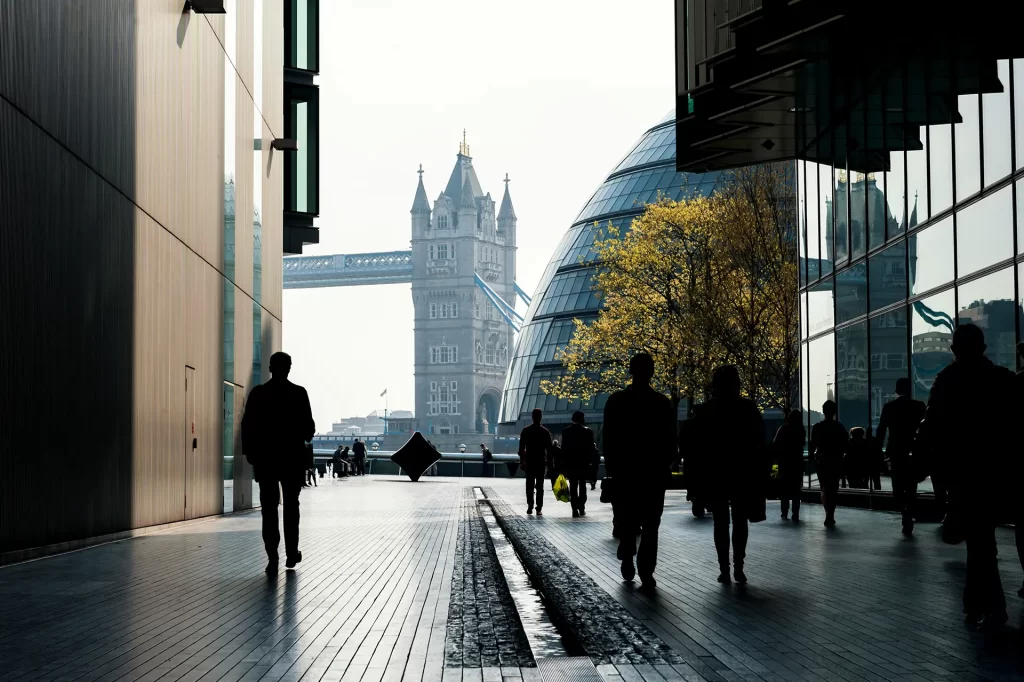Lewis Nedas were recommended to us for the sale of our London apartment. Due to the nature of the property it has been a long, complex process. Lauren Bateman has worked tirelessly throughout to achieve the final outcome which we were beginning to think we would never achieve. She is very approachable and friendly as well as being professional and knowledgeable and has always taken the time to update us and thoroughly explain all the complications we’ve had to face. We would highly recommend Lauren and Lewis Nedas to others.





